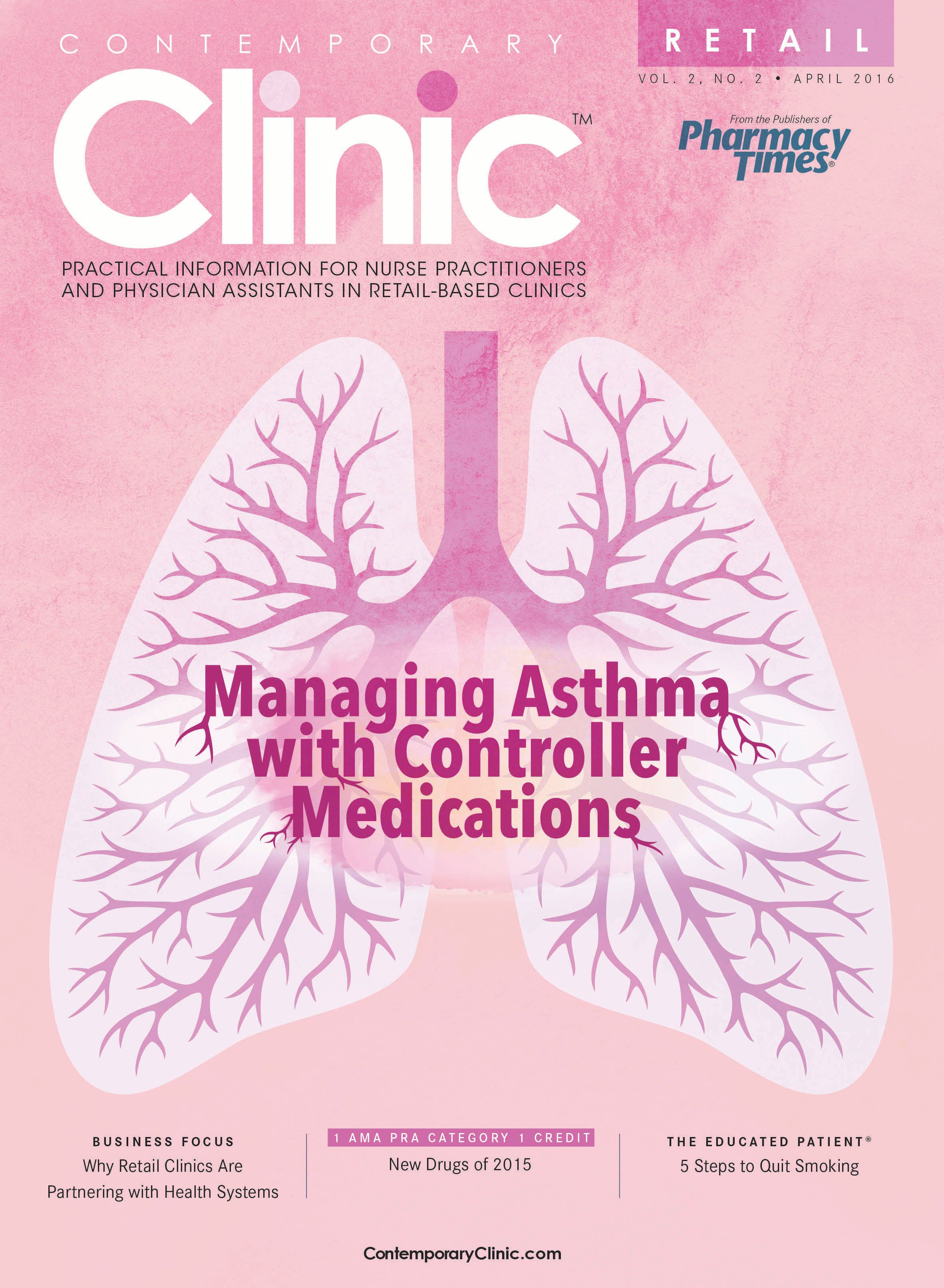The Right Dose of Precision Medicine
Because most treatments have been designed with a one-size-fits-all approach, clinicians may see a medication work very well for some patients but not for others.
Because most treatments have been designed with a one-size-fits-all approach, clinicians may see a medication work very well for some patients but not for others. What if there was a better way to identify the best anticoagulant for each atrial fibrillation patient, for instance? Or, as the President pondered in his 2015 State of the Union address, “What if figuring out the right dose of medicine was as simple as taking our temperature?”
Fortunately, data-driven research is accelerating advances in precision medicine to make this a reality. According to the National Institutes of Health (NIH), precision medicine is an innovative approach that takes into account individual differences in a patient’s genes, environment, and lifestyle, thus supplying health care professionals with the tools they need to better predict which treatments will be most effective.
Although some advances in precision medicine have already been made—most notably in the form of routine molecular testing that is guiding cancer treatment—the practice is not currently used for most diseases, including those commonly treated in retail clinics. That’s where the Precision Medicine Initiative comes into play.
Launched with a more than $200-million earmark in the President’s fiscal year 2016 budget, the Precision Medicine Initiative supports ongoing efforts to build a national cohort of at least 1 million research participants, scale up strategies to identify genomic drivers in cancer, and develop curated databases to support the regulatory structure needed to advance innovation in precision medicine.
Recently, NIH granted the first award under this initiative to Vanderbilt University, in collaboration with Verily, formerly Google Life Sciences, to begin building the largescale research cohort. Simultaneously, NIH is collaborating with the Health Resources and Services Administration to create partnerships with community health centers and expand the initiative’s reach in underserved populations. On the private- sector side, more than 40 health-focused organizations are making commitments that will accelerate precision medicine.
It is only a matter of time before clinicians can provide the right treatment to the right patient at the right time.
Thank you for reading!
Mike Hennessy
Chairman and CEO

